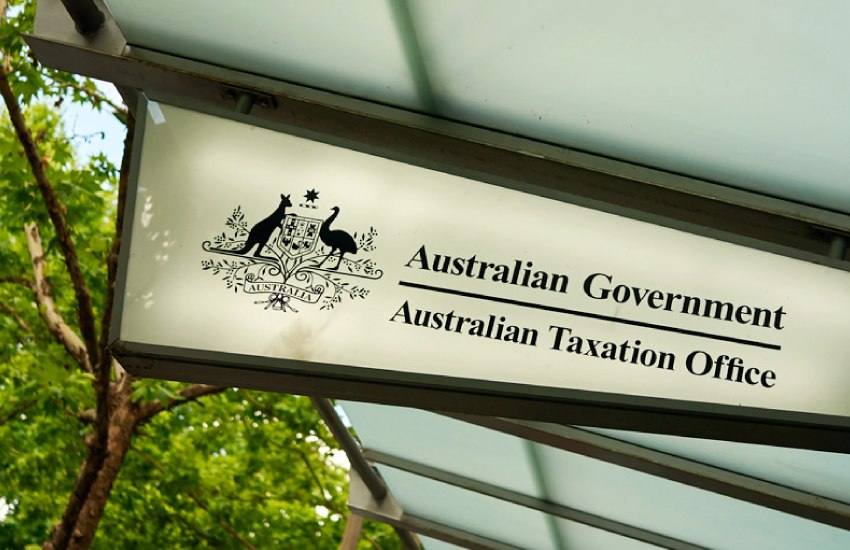ATO view on member benefit payments a ‘Pandora’s box’
While the ATO may have reached a settled position on the treatment of member payments requested shortly before death, this is by no means the “final say” in the matter, says Accurium.
In a recent online article, actuarial firm and education provider Accurium explained that over the years, the ATO has adjusted its views on whether a payment will be treated as a superannuation member benefit or as a superannuation death benefit where a member dies after they have requested a benefit, but before the actual benefit payment by the superannuation fund.
The Accurium article noted that whether a benefit is treated as a member benefit or a death benefit will determine the tax outcome and whether it is subject to a binding death benefit nomination, for example, or left up to trustee discretion.
The ATO’s latest view of how these types of payments should be treated has the “potential to open a Pandora’s box and lead to legal challenges”, the actuarial firm warned.
In his presentation at the SMSF Association National Conference, SMSF Association deputy chief executive Peter Burgess noted that the ATO has issued a raft of private binding rulings on this particular issue but has changed its stance multiple times.
“In the early days back in 2011, they concluded that it was a death benefit, then we saw a series of binding nominations in 2018, 19, 20, 21, when they concluded it was a member benefit,” Mr Burgess said.
“But then last year they issued another one where they concluded it was a death benefit … and they have confirmed to us that they do have settled position on this – it should be treated as a member benefit.”
Accurium explained that this is potentially problematic for SMSFs given that it could impact who ultimately receives the benefit payment from an estate planning point of view.
“Where the benefit payment is a member benefit, it will form part of the estate of the deceased and the payment will generally be subject to the deceased member’s will,” the firm said.
“However, where the benefit payment is a death benefit payment, it will be the trustees of the SMSF that will determine the recipient of the death benefit payment, subject to the trust deed, any valid binding member directions and superannuation and trust law.”
Accurium noted that some of the comments in the private binding rulings appear to be contradictory in some instances.
One of the PBRs issued in 2011 states that “as a result of the operation of section 307-5 of the ITAA 1997, the payment can not be considered to have been paid to the deceased. Consequently, it is not wholly tax-free as if it were a superannuation benefit paid to a person over age 60.”
“Section 307-5 ITAA 1997 provides that for a benefit payment to be a member benefit it must have been a payment to ‘you’, because ‘you’ are a fund member. The above statement from the PBR seems to imply that once a person has died they are no longer a ‘you’ – the benefit could not have been paid to them. There is also the issue of whether they would still be a fund member at the time of payment,” Accurium noted.
In other PBRs, however, the determining factor appears to be whether the benefit was paid to the deceased member’s personal bank account, rather than the bank account of the estate.
“If paid to the (deceased) member’s bank account, a member benefit, if paid to the estate’s bank account, [then it’s] a superannuation death benefit,” Accurium said.
Despite the ATO’s latest view on the issue of member payments requested shortly before death, Accurium stressed that private binding rulings are only binding on the applicant, and comments from the ATO do not have the full force of law.
“Further, PBRs only focus on the tax issues, as the ATO can only issue a PBR on tax matters. They have not addressed the estate planning consequences of whether a benefit payment is a member benefit or a superannuation death benefit. Whilst there may be a better tax outcome for treating a benefit payment one way or the other, it may not result in all (potential) beneficiaries seeing it that way,” the firm noted.
Accurium said this might be an issue that is tested in the courts.

Miranda Brownlee
Miranda Brownlee is the deputy editor of SMSF Adviser, which is the leading source of news, strategy and educational content for professionals working in the SMSF sector.
Since joining the team in 2014, Miranda has been responsible for breaking some of the biggest superannuation stories in Australia, and has reported extensively on technical strategy and legislative updates.
Miranda also has broad business and financial services reporting experience, having written for titles including Investor Daily, ifa and Accountants Daily.








